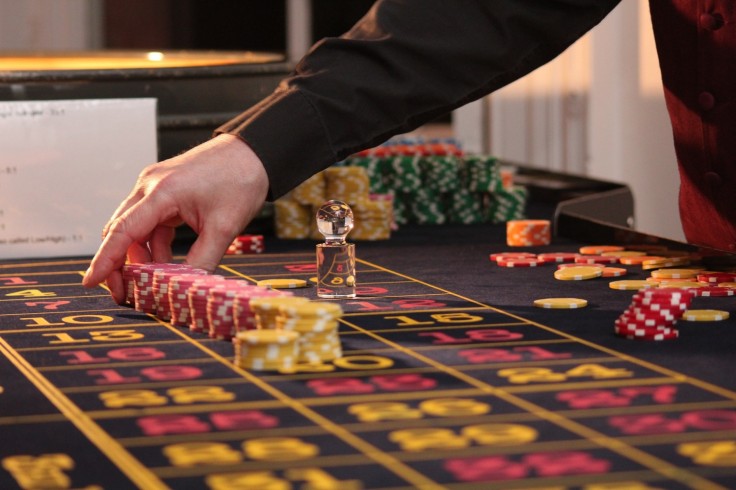
People's motives for gambling can vary considerably. The thrill of predicting the right outcome combined with the lure of winning big can be very enticing. Meanwhile, some simply seek a little escapism or the opportunity to make friends and socialise.
Gambling can instil a sense of confidence in participants, even exhilaration. However, it is for this very same reason that gambling can become problematic for some, spiralling out of control and turning into an addiction.
Roman Semiokhin, a tech entrepreneur who has launched a range of betting and gaming products in the gaming market, is a known responsible-gaming advocate. When gambling becomes compulsive it can trigger mental health issues, as with any addition, locking gamblers into a downward financial trajectory and damaging relationships with friends and family.
In recent years there has been increased emphasis on responsible gambling. For example, Safer Gambling Week was launched as a cross-industry initiative designed to promote safer gambling across the UK and Ireland. Meanwhile, Responsible Gambling Awareness week takes place in May every year in Australia with the objective of helping those with gambling issues. According to a new Gambling Commission survey public attitudes towards gambling in the UK improved in 2022, a development that industry experts largely attribute to increased emphasis on responsible gambling.
In recent years, esports and online video gaming have become an important facet of mainstream culture, with tournaments streamed live across the globe. Take for instance the 2021 League of Legends World Championships, which attracted more than 4 million viewers worldwide. Today, streaming platforms like Twitch and YouTube Gaming present the opportunity for viewers to connect with their favourite players and teams, with esports organisations like FaZe Clan capitalising on this increased interest by investing more in merchandise.
For those who are not professional gamers, options such as microtransactions and in-game purchases appeal to players seeking to fast-track their success. So called 'pay-to-win' games involve trading real-life cash in exchange for in-game objects. Alternatively, it may involve gambling money on slot wheel-type loot boxes. The concept may not be new, but the lure of pay-to-win gaming has grown considerably in recent years.
Popular video games make millions today from players waging real money to win in-game upgrades and skins. For example, Ultimate Team by EA Sports offers users the opportunity to pay to assemble a fantasy team incorporating some of the world's greatest players. In 2020 alone, Ultimate Team made more than $1.62 billion across various games, including NBA, FIFA and UFC. Pack reveal videos are also incredibly popular online, further encouraging pay-to-win gaming.
Despite its increasing popularity, this area of gaming is not without its critics. Many of the gamers who are so keen to engage with features like microtransactions and loot boxes are actually under 18 years of age, raising the question of whether Triple-A games are encouraging underage gambling.
In the UK, the government is currently putting pressure on video games manufacturers to restrict the sale of loot boxes and other in-game add-ons to minors, warning manufacturers that if they do not take action, the government will introduce new legislation restricting the use of loot boxes. In addition, some members of the gaming community believe it is unfair that players with more money can simply pay to unlock better features, achieving an advantage over less affluent players.









